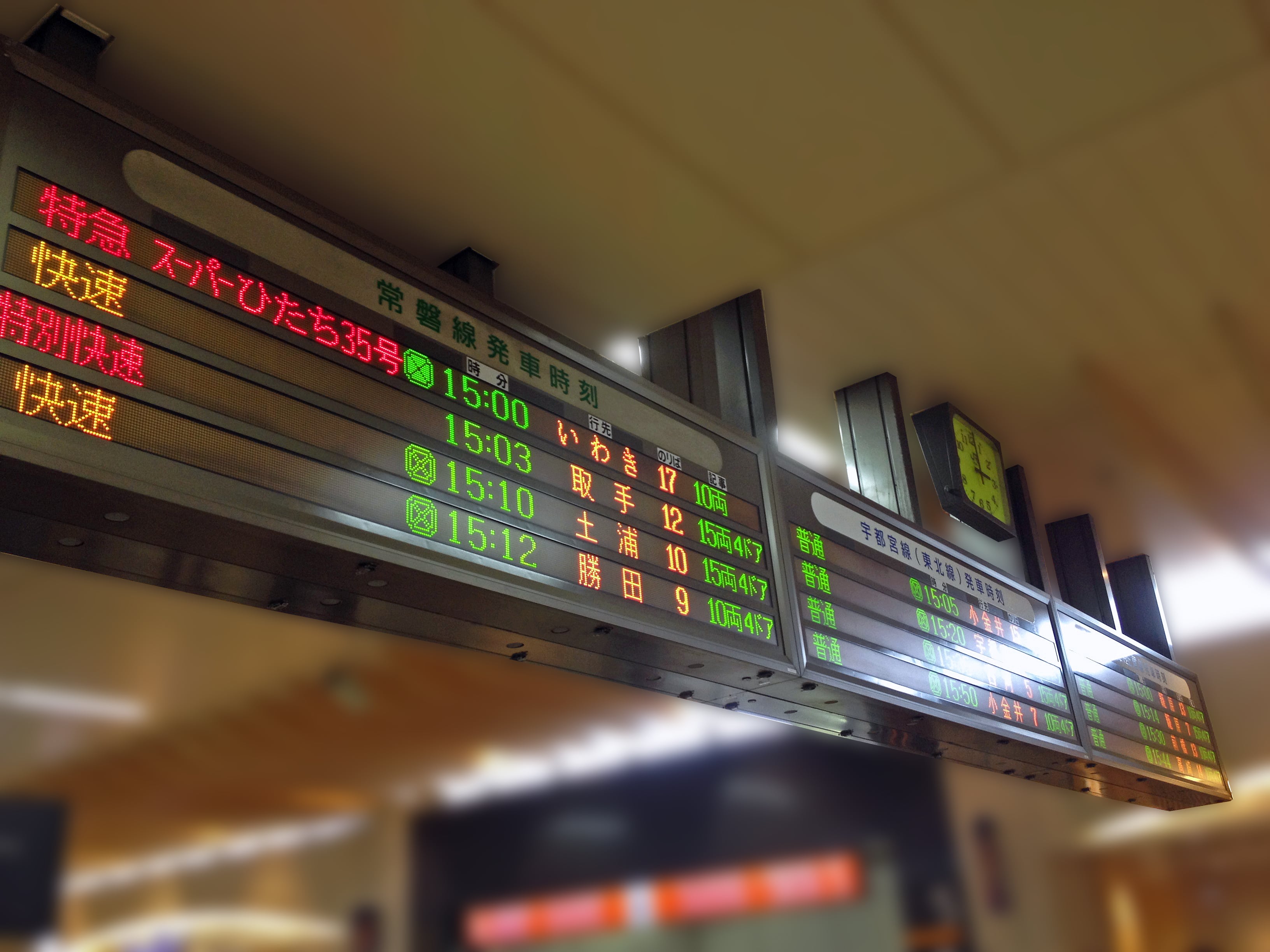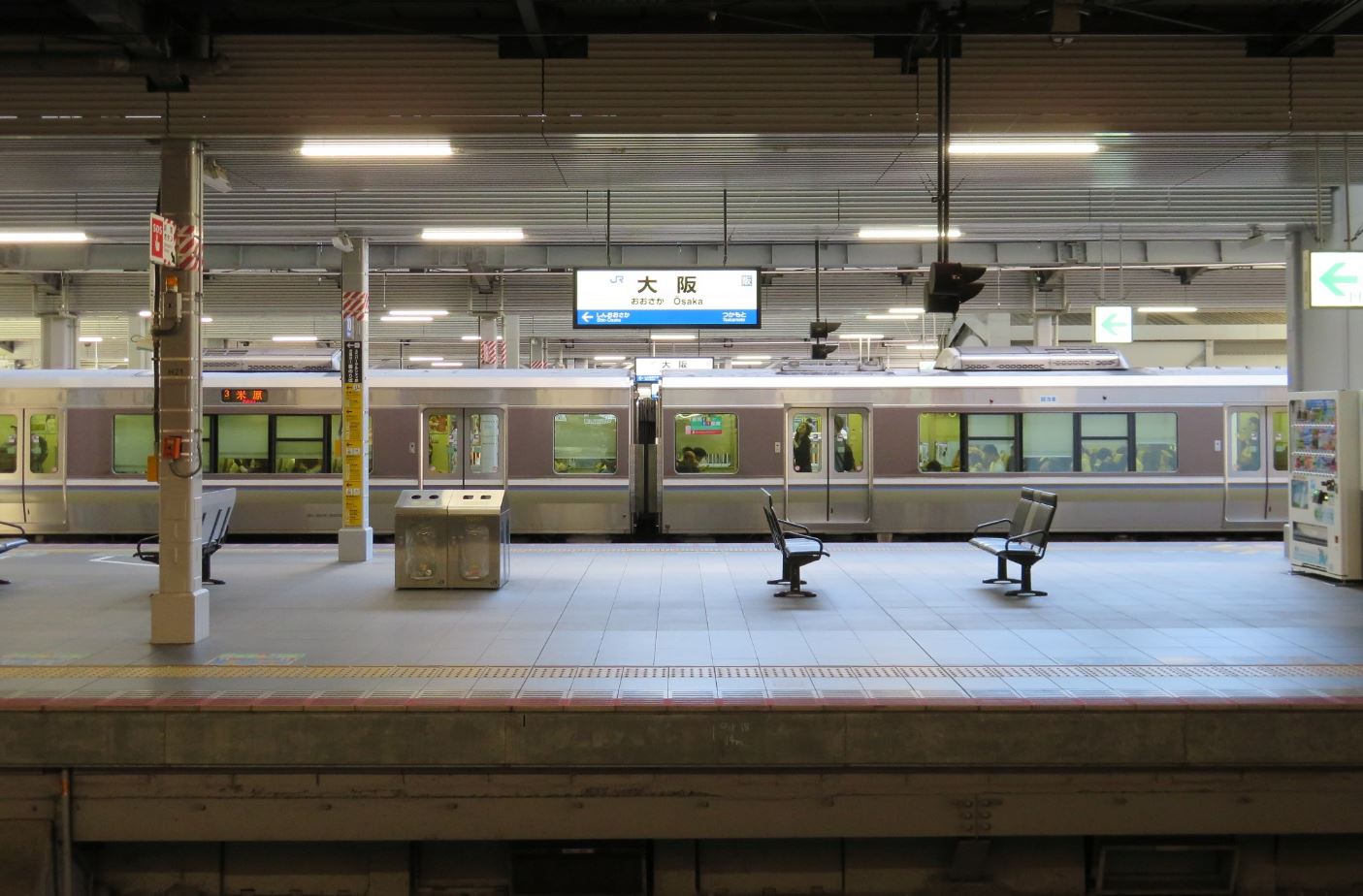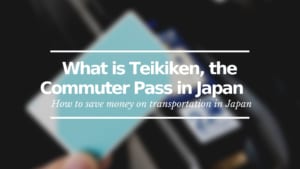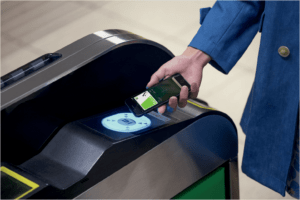Useful Japanese Phrases to use at Train Stations
Japanese conversation at train stations

Train stations are one of the places where foreign visitors tend to struggle most at the beginning when visiting Japan. Although all major train stations in the country have multi-language signs everywhere to make it easier for foreign visitors to get around, it can still be confusing.
This problem can be solved if you are able to communicate correctly with the train station staff. And not all train station staff will be fluent in English.
In this article, I have listed some Japanese phrases you may want to know if you get confused in a train station.
Knowing basic Japanese conversation will make your transportation within Japan a much more enjoyable one.
I hope this helps you.
Useful Phrases (How to say 〇〇)
When you’re at a train station and want to ask something to the employee, you can just say “Suimasen” which means “excuse me”.
1. How to say “Do you understand English?”
“Eigo wakarimasuka?” (英語わかりますか?)
If you ask a staff member this and the answer is “yes”, then I guess you won’t need any of the following phrases…
2. How to say “How can I get to 〇〇 (name of station or place you want to go)”
“〇〇 ni ikitai desu. Do-shitara ii desuka?” (〇〇に行きたいです。どうしたらいいですか?)
You can use this phrase to ask which train line to take in order to get to your train station of destination. Just replace the 〇〇 with the name of the train station you wish to go to.
You can also use this phrase after you get to the train station of destination and want to get to a specific site. Just replace the 〇〇 with the name of the place you want to go to.
3. How to say “Where can I find 〇〇”
“〇〇 wa doko desuka?” (〇〇はどこですか?)
At large train stations, sometimes it is difficult to find the bathroom or the ATM. Use this phrase when you want to ask the location of something. Just replace the 〇〇 with whatever it is that you’re looking for. Here are some examples.
- “Toire” (トイレ): Bathroom
- “E-ti-emu” (ATM): ATM
- “Koin rokka-“ (コインロッカー): Coin locker
- “Kenbaiki” (券売機): Ticket vending machine
4. How to say “Which is the train heading to 〇〇”
“〇〇 iki no densha wa dore desuka?” (〇〇行きの電車はどれですか?)
Sometimes it is hard to recognize which is the train you need to take. You can use this phrase to make sure.
5. How to say “When is the next train heading to 〇〇?”
“〇〇 iki no tsugi no densha wa nanji desuka?” (〇〇行きの次の電車は何時ですか?)
Large train stations will have an electronic sign indicating this information, but small stations in rural areas sometimes don’t have these signs. In this case, you can use this phrase to ask.
6. How to say “What time is the last train heading to 〇〇?”
“〇〇 iki no shu-den wa nanji desuka?” (〇〇行きの終電は何時ですか?)
The time of the last train varies a lot depending on the train line and the station. If you’re planning on hanging out until late hours but still would like to be able to catch the last train, you can ask this to the train station employee beforehand to make sure.
7. How to say “Will this train stop at 〇〇?”
“Kono densha wa 〇〇 ni tomarimasuka?” (この電車は〇〇に停まりますか?)
Some train lines have “local trains”, “express trains”, “limited express trains”, etc… And just because the name of the train line is the same doesn’t always mean the train will stop at a specific station.
To make sure that the train you’re getting in will certainly stop where you want to go, you can ask this.
8. How to say “How long(minutes) does it take to get to 〇〇?”
“〇〇 made nan pun desuka?” (〇〇まで何分ですか?)
Maybe you finished your plans early and want to go somewhere, but you’re not sure if you’ll have enough time. You can ask this to the train station employee to have an idea and be able to make a decision.
9. How to say “How many stations until we get to 〇〇?”
“〇〇 made ato nan eki desuka?” (〇〇まであと何駅ですか?)
This phrase might be useful when you’re inside a train heading to a certain station. If the train ride is long and you lost count of the number of stops the train has made, you may start getting nervous whether or not you have missed your stop.
You can ask this to someone nearby to make sure how long before getting to your destination.
10. How to say “I would like to exit, but I bought the wrong ticket”
“Detai desuga, ippu machigaemashita” (出たいですが、切符間違えました)
If you accidentally bought a wrong ticket and the ticket gate won’t let you exit at the train station of your destination, you can go to the train station staff and use this phrase. There, you’ll pay the remaining amount and then they will let you pass the gate.
11. How to say “I lost my 〇〇”
“〇〇 wo nakushimashita” (〇〇をなくしました)
People lose a lot of stuff at train stations. If this happens to you, just use this phrase and replace the 〇〇 with whatever it is that you lost. Here are some examples.
- “Kippu” (切符): Ticket
- “Saifu” (財布): Wallet
- “Keitai denwa” (携帯電話): Cellphone
12. How to say “I dropped 〇〇 on the tracks”
“〇〇 wo senro ni otoshimashita” (〇〇を線路に落としました)
This is without saying, but if you drop something on the train tracks, don’t go get it by yourself.
You can go to a train station staff and use this phrase. Just replace the 〇〇 with the item you dropped.
13. How to say “I understand, thank you”
“Wakarimashita, arigatou gozaimasu” (わかりました、ありがとうございます)
After asking something to the staff member, and he/she has explained, you can say this to let them know that you have understood their explanation.
14. How to say “I’m sorry, I don’t understand”
“Suimasen, wakarimasen” (すいません、わかりません)
After asking something to the staff member, and he/she has explained, you can say this if you didn’t understand their explanation. Hopefully, they will try and explain it differently for you.
Phrases the Train Station Staff might say (and how to respond)
 1. “Nanika okomari desuka?” (何かお困りですか?)
1. “Nanika okomari desuka?” (何かお困りですか?)
“Do you need help?”
Train station staff usually won’t come and talk to you. But if you seem to be troubled, they might approach you and ask this.
Another way they could ask this same question is “Daijoubu desu ka?” (大丈夫ですか?) which means “are you alright?”.
If there is no problem, you can answer “Daijoubu desu, arigatou gozaimasu” which means “I’m alright, thank you”.
But if you need some help, here is when you could use the phrases I’ve previously written.
2. “Densha ga okurete imasu” (電車が遅れています)
“The train is late.”
Usually, trains in Japan are very sharp when it comes to the time schedule. But if there’s some kind of delay, they will announce it.
Another way they could announce this is “Densha ga okurete touchaku shimasu” (電車が遅れて到着します).
3. “Honjitsu wa mou densha wa arimasen” (本日はもう電車はありません)
“There are no more trains today.”
This is what they will say if there are no more trains for the day. They might add a hand gesture indicating an “X” to let you know that you can’t enter the ticket gate.
Another way they could announce this is “Saishuu densha ga sugimashita” (最終電車が過ぎました)
“Yes” and “No”
There are many ways you can answer to the train station staff, but these are the most common and safe ways to say either “yes” or “no”.
“Hai, onegai shimasu” (はい、お願いします): Yes, please.
If they’re offering something(e.g. offering to provide you with a map), then this is how you respond. But if the question is something you can simply answer with “yes” (e.g. confirming what you’re asking), then you can simply say “Hai”.
“Daijobu desu” (大丈夫です): No, thank you.
If they’re offering something(e.g. offering to provide you with a map), then this is how you respond. But if the question is something you can simply answer with “no” (e.g. confirming what you’re asking), then you can simply say “iie”.
Train Station Vocabulary Recap
- “kippu” (切符): Ticket
- “kenbaiki” (券売機): Ticket vending machine
- “kaisatsu guchi” (改札口): Ticket gate
- “deguchi” (出口): Exit
- “puratto fo-mu” (プラットフォーム): Train platform
- “Eki in” (駅員): Station employee
- “Shihatsu” (始発): First train of the day
- “Shu-den” (終電): Last train of the day
- “kaku eki densha” (各駅電車): Local train
- “kyu-ko densha” (急行電車): Express train
- “Tokkyu densha” (特急電車): Limited express train
I hope this article helps you when you come to visit Japan or if you are planning on living in Japan in the near future.
▽Learn more essential Japanese phrases in other situations!▽
Want to know more tips for living in Japan? Check out the following articles!
▽Related Articles▽
▼Editor’s Picks▼
Written by
Born and raised in Costa Rica, I started living in Tokyo from college. I love traveling within Japan & around the world. Since I wasn’t born in Japan, I know the cultural impact that you can get when visiting Japan for the first time and what you might be worried about before your trip. And I’ve lived long enough to somewhat understand the nuances of the Japanese culture that make this country such an attractive place to visit. Hopefully I can provide to you both the information you’re looking for and the information you didn’t know you needed to know.





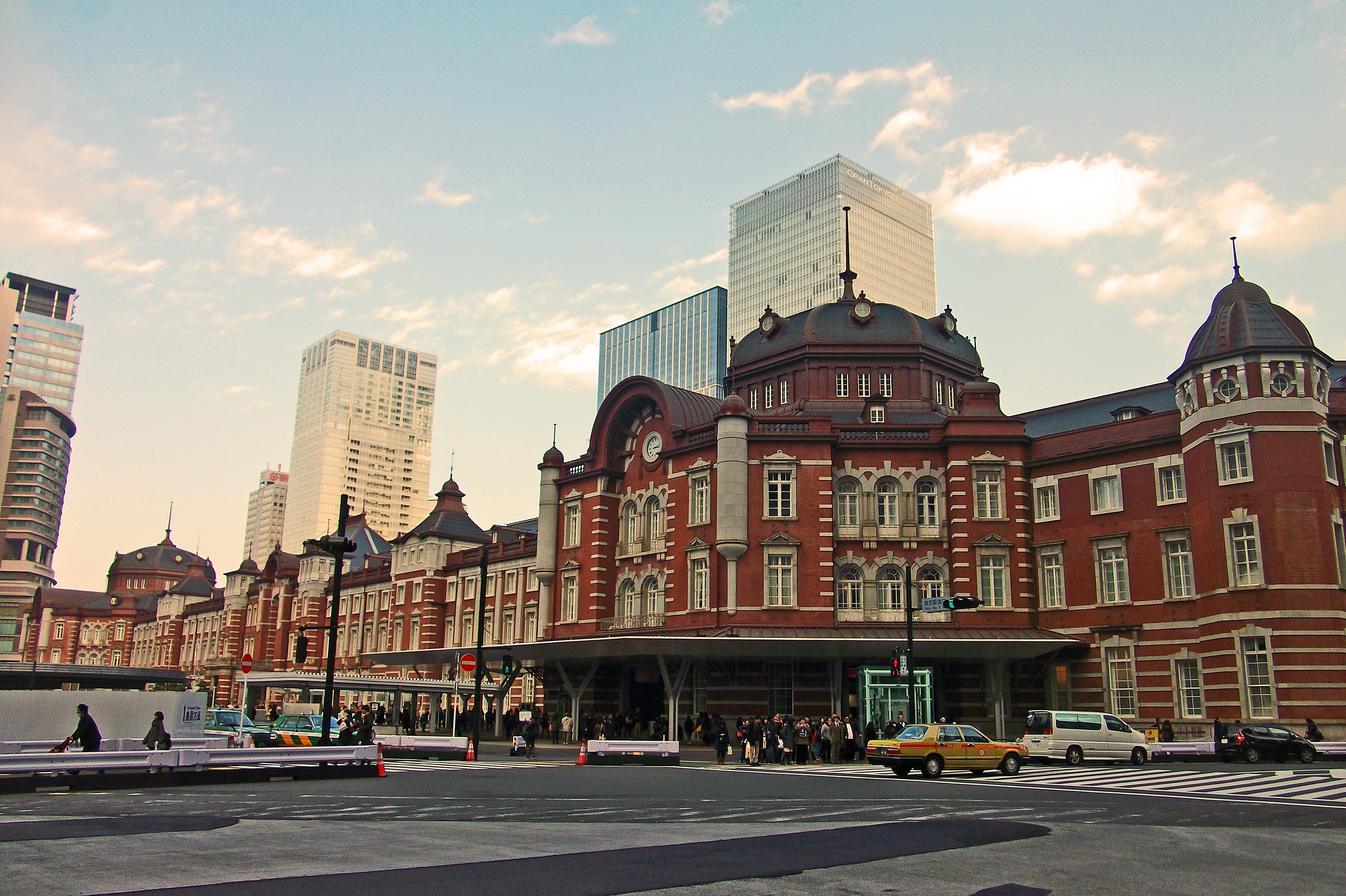
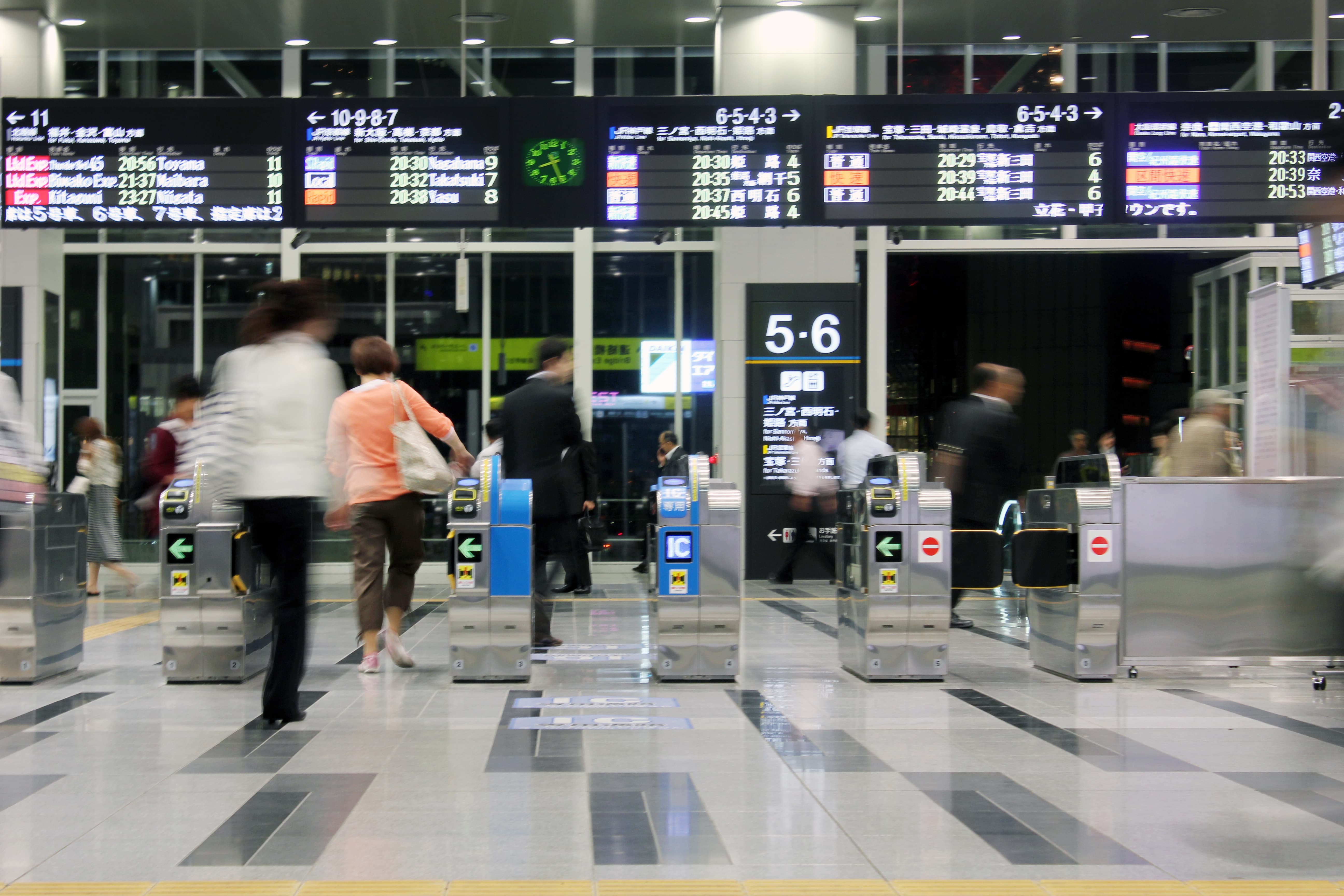 1. “Nanika okomari desuka?” (何かお困りですか?)
1. “Nanika okomari desuka?” (何かお困りですか?)